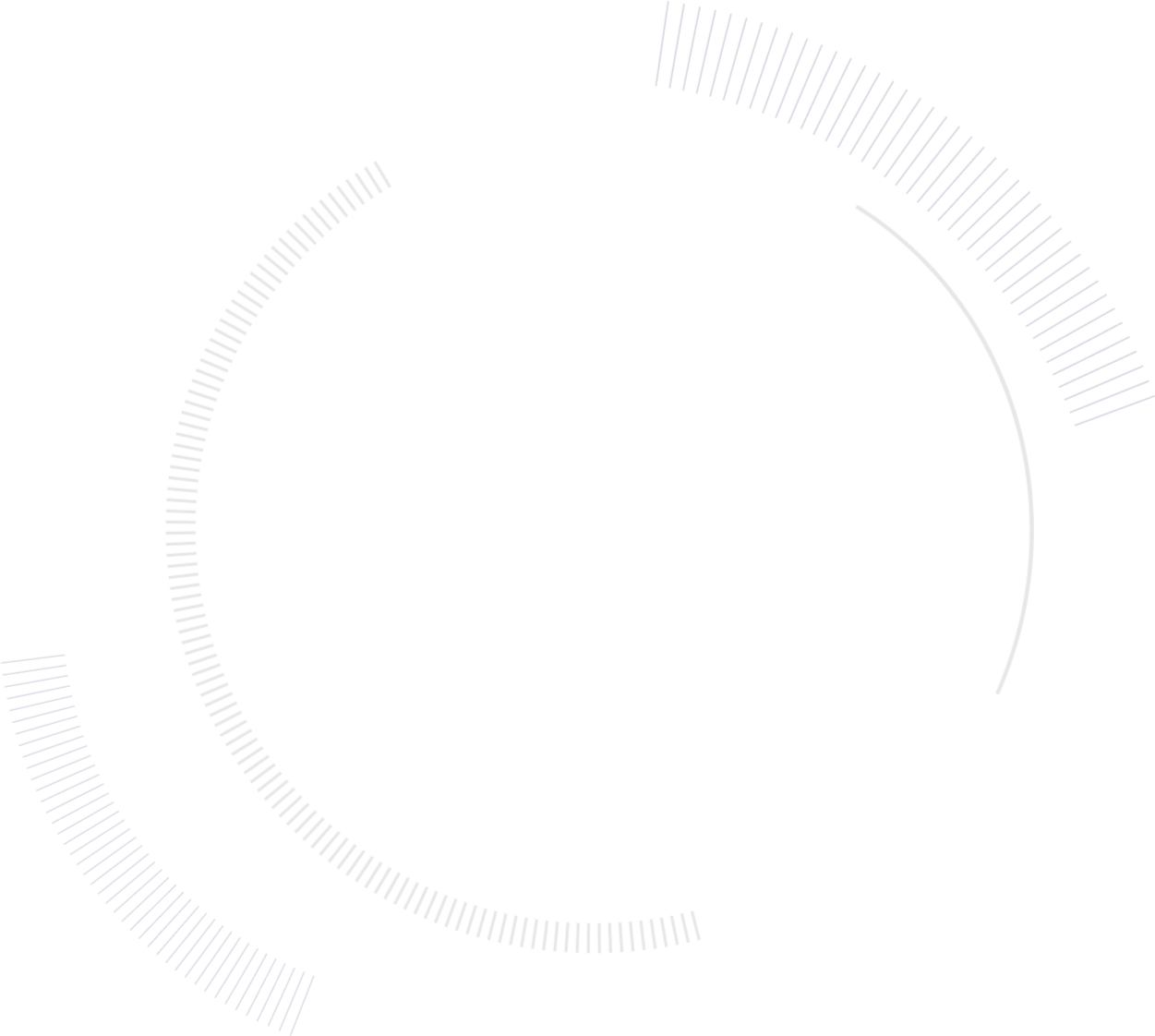


predisposed
to premature
wrinkling?







predisposed
to premature
wrinkling?




Category One
Firmness & Elasticity
The quantity and quality of collagen plays a major role in the skin’s appearance.
Key variations in our genes can identify if the synthesis and degradation process of collagen is in balance or if the predisposition to collagen degradation predominates - which can result in premature sagging and wrinkling of the skin.



The role of genetics
Our genetic predispositions play a big role in determining both the speed of collagen production and breakdown / turnover.
Key variations in this genetic category can identify if the rise and fall of collagen is in balance, or if the breakdown of collagen predominates, which can result in the appearance of premature wrinkling, aging and sagging of the skin.




Collagen Breakdown
Involved in slowing the breakdown and degradation of Collagen fibers found in the extracellular matrix of human tissue.
Collagen Protection
Assists in protecting existing collagen from unnecessary degradation and aids in normalising skin cell functions disrupted by oxidative stress including MMP-1 production
Did you know?
1 in 3
Have a genetic variation that predisposes their skin to acceletarated collagen breakdown.
Did you know?
1 in 3
1 in 3
Have a genetic variation that predisposes their skin to acceletarated collagen breakdown.
Why does your skin sag?
Keeping the skin firm, plump and wrinkle-free, collagen is the principle structural protein of our skin. Throughout your life, collagen undergoes continuous reproduction and turnover.
When you are younger, your body makes more collagen than it loses, but after about the age of 40, collagen loss accelerates, leading to a decline in the appearance of your skin.
Collagen Balance
In youthful skin the production and degradation of collagen is in balance
Collagen Imbalance
Genetic abnormalities can lead to an increased rate of collagen breakdown.
Previous
Next
Why does your skin sag?
Keeping the skin firm, plump and wrinkle-free, collagen is the principle structural protein of our skin. Throughout your life, collagen undergoes continuous reproduction and turnover.
When you are younger, your body makes more collagen than it loses, but after about the age of 40, collagen loss accelerates, leading to a decline in the appearance of your skin.
Collagen Balance
In youthful skin the production and degradation of collagen is in balance
Collagen Imbalance
Genetic abnormalities can lead to an increased rate of collagen breakdown.
Previous
Next
.
Collagen Balance
In youthful skin the production and degradation of collagen is in balance
Collagen Imbalance
Genetic abnormalities can lead to an increased rate of collagen breakdown.
Previous
Next
About Collagen
Collagen is an important element of human skin; it is the main protein holding the skin together.
As we age our bodies struggle to replenish stores of collagen, and some people are genetically primed to break down collagen faster than others. In healthy, youthful skin the synthesis and degradation of collagen is in balance: damaged or redundant collagen is degraded while the deficit is replenished by the ongoing synthesis.
Representing 75% of the skin’s dry weight it keeps the skin firm, plump and wrinkle-free. The quantity and quality of Collagen plays a major role in our skin’s appearance.
Unfortunately, this intricate balance gets disrupted when there is an oversupply of a protein called Matrix
Metallopeptidase-1 (MMPs) or Collagenase. Too little of the matrix is synthesised and too much is degraded.
The more this occurs, the more winkles, roughness and sagginess we tend to have. MMP levels are known to increase with age as a result of photo aging as well as natural aging.


The Dermis
Sandwiched between the epidermis and hypodermis lies one the skin’s lifeblood area, the dermis. The dermis contains blood vessels that nourish the skin, and structural proteins like collagen that keep the skin firm, plump, and wrinkle-free.
.
.

